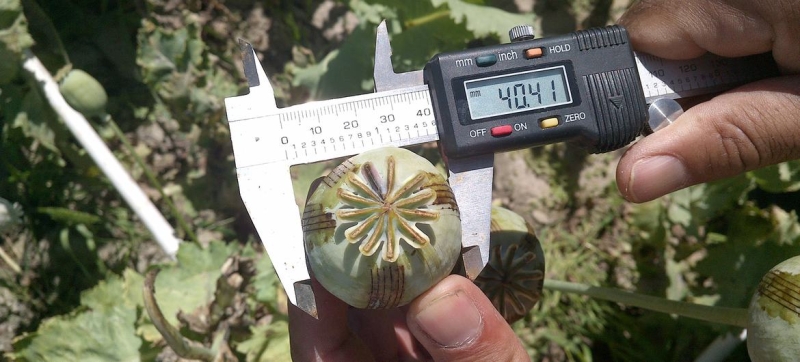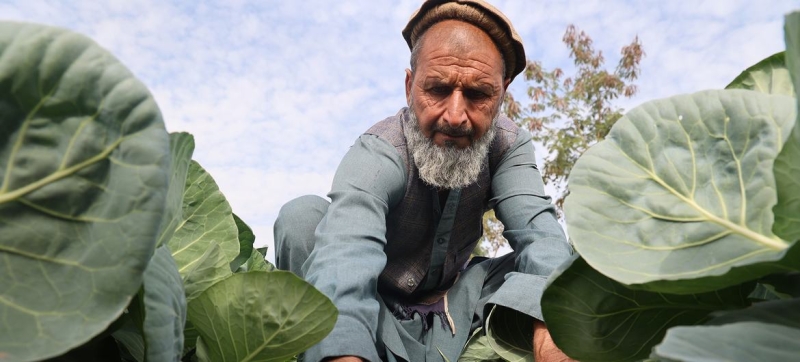
Farmers’ income from the sale of opium was almost halved. Afghanistan: Opium poppy area has fallen sharply, but drug trafficking in the region is growing Peace and Security
Afghanistan’s opium poppy area has fallen by 20 percent from last year, continuing a trend that began with the introduction of a nationwide ban by the de facto authorities, the Taliban, in 2022. However, the growth of synthetic drug production and changing smuggling routes are creating new challenges in the region.
Afghanistan had 10,200 hectares under opium poppy cultivation in 2025, up from 12,800 hectares in 2024, according to a new report from the United Nations Office on Drugs and Crime (UNODC). This is significantly less than the 232 thousand hectares recorded before the introduction of prohibition.
Opium production fell even more sharply – by almost a third – to 296 tons. Farmers’ income from drug sales fell by almost half during this period.
The UNODC report highlights the need to combine efforts to eradicate illicit crops with support for alternative income sources and efforts to reduce drug demand.

With support from UNODC, Zahoor and thousands of other Afghan farmers switched from growing opium to legal farming.
Although many farmers have turned to growing grains and other crops, worsening drought and low rainfall have left more than 40 percent of farmland uncultivable.
At the same time, the return of some four million Afghans from neighboring countries has added strain on the labor market and natural resources, raising fears that economic hardship could once again make illicit cultivation attractive to the country’s population.
Growth of the market for synthetic drugs
Meanwhile, the production of synthetic drugs, especially methamphetamine, continues to grow. The number of seizures of such substances in Afghanistan and neighboring countries by the end of 2024 increased by 50 percent compared to the previous year. drugs
The UNODC warns that criminal groups may increasingly favor synthetic drugs because they are easier to produce, more difficult to detect, and the production process is less susceptible to climatic factors.
Deputy Special Representative of the UN Secretary-General for Afghanistan and acting head of the UN Mission in the country (UNAMA) Georgette Gagnon noted that the problem is regional in nature: “The dynamics of production, demand and smuggling involve both Afghan and international actors. Solving this problem requires all key stakeholders to work together.”
The report also states that drug control strategies must go beyond opium to include measures to monitor, disrupt, and prevent the use of synthetic substances.
